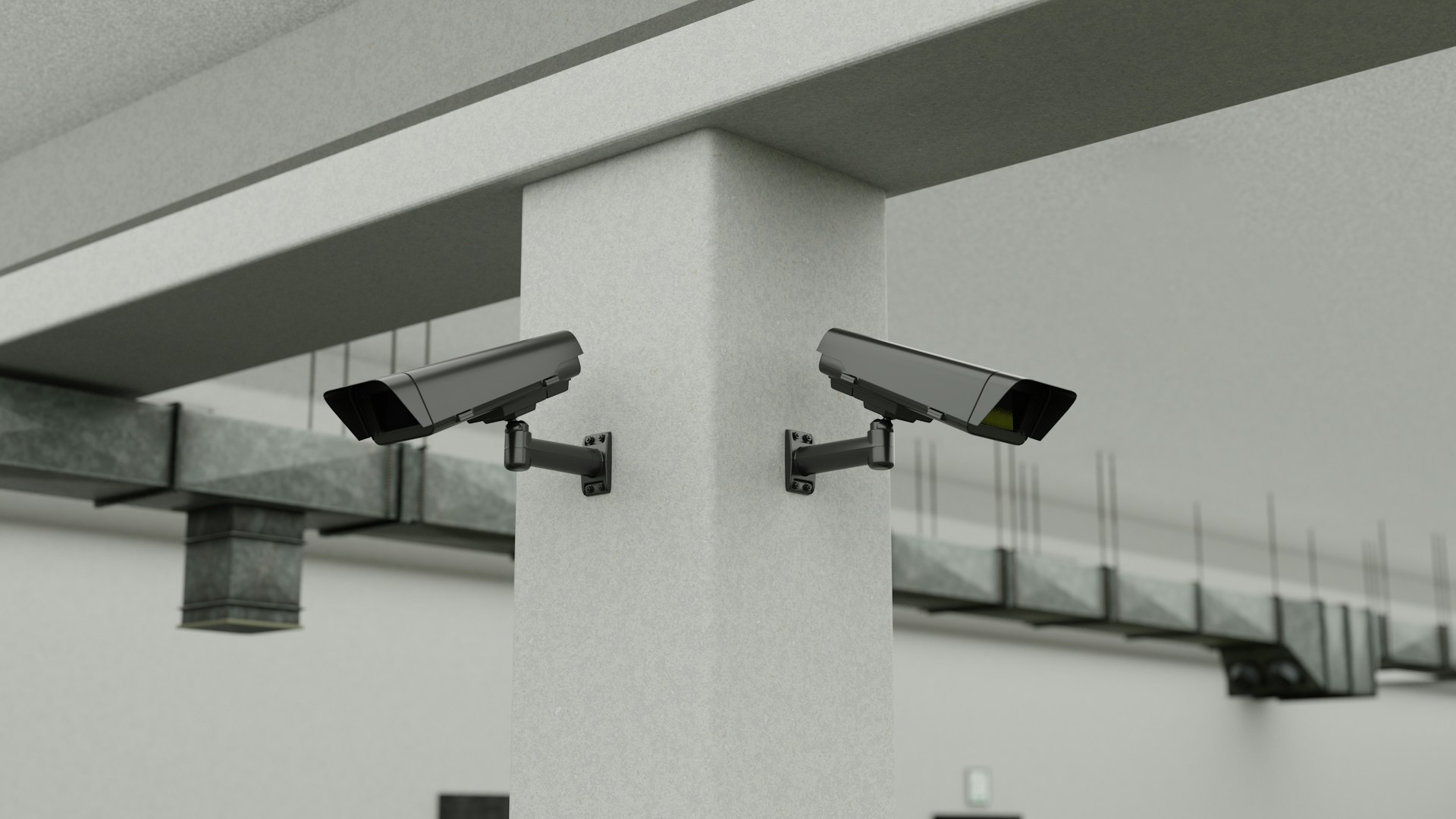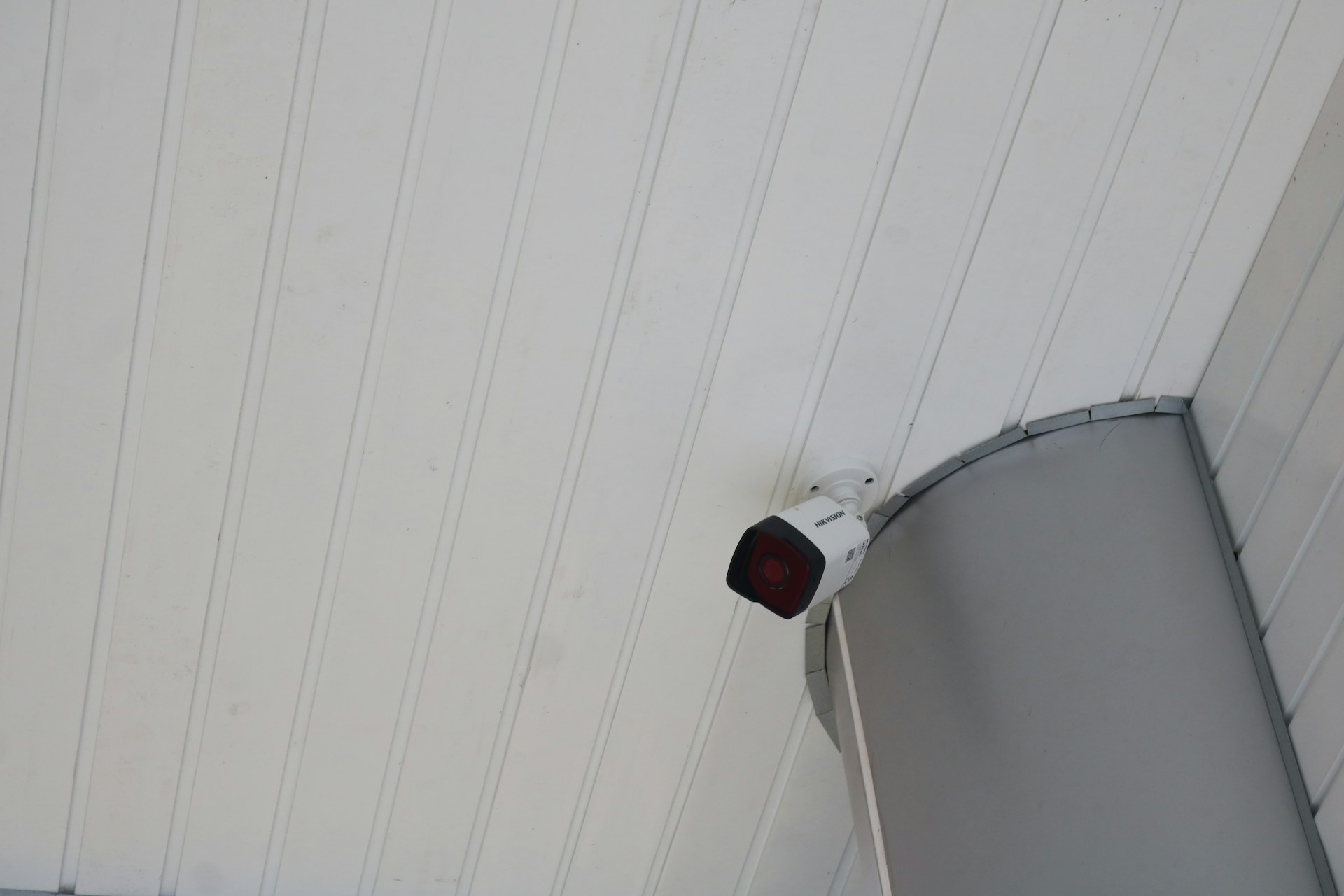As a homeowner, you may wonder whether investing in a home security system is truly necessary. A home security system can significantly enhance your safety and peace of mind, especially in today's climate where crime rates can fluctuate. The protection it offers against potential burglaries and emergencies extends beyond simple deterrence; many systems come with additional features that can alert you to fire or other safety hazards.
Living in the greater Houston area comes with its unique set of challenges, making a robust security solution even more relevant. With neighborhoods experiencing various levels of risk, having a home security system can help you feel secure in your own space. Whether you're at home or away, the benefits of constant monitoring and instant notifications can provide invaluable reassurance.
In deciding if a home security system is right for you, consider both your living situation and personal security needs. Ultimately, making the investment could save you from greater loss and give you the confidence to enjoy your home fully.
Understanding Home Security Systems
Home security systems play a vital role in protecting your property and loved ones. They come in various forms and work through a combination of devices tailored to your needs.
Types of Home Security Systems
There are several types of home security systems you can choose from. Traditional alarm systems are wired and often require professional installation. Wireless security systems are increasingly popular due to their ease of setup and flexibility.
You might also encounter DIY installation kits, allowing you to customize your system to deal with specific threats. These kits often include door sensors, window sensors, and motion detectors that you can place based on your home's layout.
Besides standard systems, smart home automation systems can integrate with various devices. These systems allow you to control everything from security cameras to lighting via your smartphone.
Core Components of Home Security
A well-rounded security system includes several essential components. The primary elements consist of door and window sensors that alert you when a breach occurs. Motion sensors are another critical line of defense, detecting movement within defined areas of your home.
Glass break sensors add another layer of protection by alerting you if a window is shattered. For a more comprehensive approach, consider incorporating indoor and outdoor cameras, including a video doorbell. These devices not only provide surveillance but also allow you to communicate with visitors remotely.
How Home Security Systems Work
Home security systems operate by monitoring your property through various sensors and cameras. When a sensor detects an intrusion, it triggers an alarm, alerting you and potentially authorities.
The interaction between sensors is crucial. For example, if an outdoor security camera spots motion, it can activate indoor cameras or send a notification to your smartphone. Many modern systems support integration with smart home automation, enabling you to control devices remotely.
Wireless technology has simplified installation, especially in regions like Greater Houston. The systems can connect to your home network, allowing for real-time monitoring. Overall, these sophisticated systems are designed to give you peace of mind and enhance your home’s security.
Evaluating the Necessity of a Home Security System
When considering a home security system, it’s essential to weigh factors like personal safety, local crime rates, and the protection of your valuables. Understanding these aspects can help you make an informed decision about whether such a system is right for you.
Personal Safety and Peace of Mind
Your safety and the safety of your family are paramount. A reliable home security system can offer significant peace of mind. Knowing that your home is monitored provides reassurance against the threat of break-ins.
Having an early warning system means you can respond quickly to potential threats. This not only protects your household but enhances your sense of control over your living environment.
Many homeowners report feeling safer after installing a security system, leading to a more relaxed lifestyle. This psychological comfort is one of the main reasons individuals invest in home security.
Crime Rates and Burglary Statistics
Understanding crime data in your area can heavily influence your decision. In high-crime neighborhoods, the likelihood of experiencing a burglary increases. For instance, a recent report noted that areas with higher crime rates see a 20% increase in residential burglaries.
Familiarizing yourself with local burglary statistics is crucial. You can typically find this data through local police departments or community safety reports. Knowledge of these risks can both validate your need for a security system and assist you in choosing the right one to fit your needs.
Protecting Valuables and Entry Points
Your home contains numerous valuables, from electronics to personal items. A home security system is vital in safeguarding these possessions. Many burglars choose targets based on ease of access; thus, securing entry points is critical.
Installing cameras and alarms at your home’s weak spots can deter burglars. Furthermore, statistics show that homes with visible security measures are less likely to be broken into. Investing in a comprehensive system can ultimately enhance your home's security and protect your most prized belongings.
Key Features and Technologies in Modern Systems
Modern home security systems incorporate various innovative features and technologies, enhancing both safety and convenience. Understanding these elements can help you make informed decisions about the best options for your home security needs.
Professional Monitoring vs. Self-Monitoring
With professional monitoring, your home security system is continuously monitored by trained personnel, typically 24/7. This means that if an alarm is triggered, a professional team will evaluate the situation and contact emergency services if needed. Monitoring costs can vary but often include monthly fees based on the level of service.
Self-monitoring is an alternative that allows you to receive alerts on your smartphone or device. Many systems offer self-monitoring options, which can be more affordable. However, self-monitoring relies on your immediate response in case of emergencies. It's essential to consider which option aligns best with your lifestyle and peace of mind.
Home Automation and Remote Access
Home automation capabilities are increasingly integrated into modern security systems. This technology allows you to connect various devices, such as smart locks, cameras, and lights, creating a cohesive network. With remote access, you can manage these devices from anywhere using your smartphone or tablet.
Being able to control your home's security features enhances convenience. For example, you can lock doors or adjust lighting while away, reinforcing your home safety. Additionally, many systems provide mobile apps that enable real-time notifications and activity monitoring.
False Alarms and Emergency Response
False alarms can be a significant issue with home security systems. They not only lead to unnecessary stress but may also result in fines from local authorities. Understanding how to minimize false alarms is crucial. Proper installation and user training can reduce accidental triggers.
A reliable emergency response protocol is essential to ensure that when alarms do sound, appropriate actions are taken. Whether through professional monitoring or self-monitoring, knowing that your system will alert the right people promptly can enhance your sense of security.
Night Vision and Surveillance Capabilities
Modern surveillance cameras often come equipped with night vision, allowing you to monitor your property even in low light conditions. This feature is particularly beneficial for detecting unauthorized access during the night.
Additionally, advanced motion detection technology helps to differentiate between regular movements and potential threats. Many cameras send alerts to your device when unusual activity is detected. This allows for timely intervention and a stronger sense of safety for your home.
By focusing on these key features and technologies, you will be better equipped to choose the right home security system that meets your needs.
Cost Considerations and Financial Impact
When evaluating a home security system, understanding both upfront and ongoing costs is essential. Your investment not only includes the price of the system but also continuous expenses like monitoring fees. Additionally, a security system could potentially lower your homeowners insurance premium.
Upfront and Ongoing System Costs
The initial cost of a home security system can vary significantly based on the type and complexity of the system you choose. Basic systems typically range from $300 to $1,500. Factors influencing these costs include equipment quality, installation methods—such as DIY versus professional installation—and the inclusion of advanced features like smart home integration.
Ongoing costs primarily involve maintenance and any upgrades you might require. While basic systems may require minimal upkeep, high-tech systems could incur additional expenses over time. It's crucial to account for these when budgeting for a home security solution.
Monitoring and Subscription Fees
Monitoring costs are a significant part of your investment in home security. Monthly monitoring fees can range from $20 to $60, depending on the type of plan you select. Some companies offer self-monitoring options at lower rates, but professional monitoring provides peace of mind with 24/7 surveillance.
Consider your priorities when choosing a monitoring plan. Some services provide additional features like mobile app access and alerts. These added benefits may justify a higher monthly fee, making it essential to evaluate your specific needs.
Homeowners Insurance and Premium Discounts
Investing in a home security system can have a beneficial impact on your homeowners insurance policy. Many insurance providers offer discounts on premiums, typically ranging from 5% to 20%. This reduction can help offset the costs of your security system over time.
It's advisable to contact your insurance company to confirm their policies on discounts. Be prepared to provide details about your system, including the type of monitoring it has. This proactive approach can enhance your overall savings while improving your home's safety.
Industry Leaders and Choosing the Right Provider
Selecting a home security system involves understanding the leading brands and determining the best installation methods for your needs. It’s crucial to consider the features offered by these companies to ensure your home is adequately protected.
Comparing Leading Brands
When choosing a security system, consider well-established providers like ADT, Vivint, Arlo, and SimpliSafe. Each brand specializes in different areas.
- ADT has a long history and offers extensive professional monitoring options.
- Vivint is known for its smart home integration and advanced tech features.
- Arlo focuses on high-quality wireless cameras with flexible cloud storage options.
- SimpliSafe offers a user-friendly DIY approach with customizable plans and no long-term contracts.
Assessing these options helps determine which provider aligns best with your safety priorities.
DIY and Professional Installation Options
Installation methods can significantly affect your overall experience. Consider if you prefer DIY installation or professional services.
- DIY Installation: Brands like SimpliSafe offer straightforward setup, allowing you to install components without needing expert help. This option can save you installation costs and provide flexibility.
- Professional Installation: Companies like ADT and Vivint often include installation by trained technicians. This ensures that your system is correctly set up, which can be beneficial if you're unsure about placement or system configuration.
Evaluate your comfort level with technology and installation complexity when making your choice.
Selecting Features for Your Needs
When selecting a home security system, identifying essential features is critical. Look for:
- Wireless Security Systems: These are easier to install and provide flexibility in placement. Many brands offer wireless options.
- 24/7 Monitoring: Consider the importance of round-the-clock monitoring services.
- Environmental Sensors: Many systems include options for smoke and carbon monoxide detectors.
Your priorities will help tailor a system that offers the best protection while fitting your lifestyle and budget.
Potential Drawbacks and Considerations
While home security systems can offer significant benefits, it's essential to consider their potential drawbacks. Understanding these aspects can help you make an informed decision about whether to invest in one for your home in the greater Houston area.
Pros and Cons of Home Security Systems
Home security systems, including alarms and surveillance cameras, primarily aim to protect your property. The pros include:
- Crime Deterrence: Visible cameras and alarms can discourage potential intruders.
- Emergency Response: Many systems provide rapid alerts to authorities in case of a break-in or emergency.
Conversely, the cons can be substantial. Initial costs can range from $200 to $2,000, depending on the equipment and installation. Additionally, ongoing monitoring fees can add to your monthly expenses. Furthermore, not all systems guarantee protection, leading you to weigh the effectiveness against their cost.
Privacy and False Alarms
Privacy concerns often arise with home security systems. Surveillance cameras can capture footage both inside and outside your home, raising questions about who can access this data and for what purpose.
Additionally, false alarms pose a significant issue. Many homeowners unintentionally trigger alarms, leading to unnecessary responses from law enforcement. In Houston, repeated false alarms can result in fines, which can add to your overall costs and create frustration.
Technology Dependence and Maintenance
Investing in a home security system means relying on technology. This dependence can be problematic. Systems can fail due to power outages or malfunctioning equipment, leaving you vulnerable.
Regular maintenance is crucial to ensure your system functions correctly. You may need to replace batteries, update software, or repair damaged components. Failing to do so can compromise your security and lead to additional expenses. Always consider if you are willing to allocate time and money for these ongoing responsibilities.
Frequently Asked Questions
Understanding the intricacies of home security systems can help you make an informed decision. Here are some common questions and their answers that will guide you through the considerations you should keep in mind.
What are the benefits of installing a home security system?
Installing a home security system provides several key advantages. It enhances the safety of your home and family by deterring potential intruders. Many systems offer features such as 24/7 monitoring, alerts for unusual activities, and even remote access to your home via smartphone apps.
Can a home security system reduce my homeowner's insurance premiums?
Many insurance providers offer discounts for homes equipped with security systems. This can lead to a reduction in your homeowner's insurance premiums, effectively offsetting some of the costs associated with purchasing and maintaining your security system.
What drawbacks should I consider before installing a home security system?
While there are many benefits, there are also drawbacks to consider. Initial installation costs can be high, and ongoing monitoring fees may add to your expenses. Additionally, false alarms can lead to fines from local authorities and could diminish your trust in the system.
How effective are home security systems in deterring burglary or theft?
Research indicates that homes with security systems are less likely to be targeted by burglars. Many criminals avoid houses with visible security measures, opting instead for homes without such protections. The presence of cameras and alarms can significantly increase your home's security profile.
What should I look for when choosing the best home security system for my needs?
When selecting a security system, consider factors such as monitoring options, features, and ease of use. Look for systems that offer customizable configurations and integration with smart home devices. Assess your specific security needs to choose a system that aligns with your lifestyle.
What is the long-term value of investing in a home security system for my property?
Investing in a home security system can enhance your property's value over time. A well-installed system not only protects your home but may also make it more appealing to potential buyers in the future. It serves as a long-term safeguard for your investment and provides peace of mind.
.svg)



.svg)


.svg)



